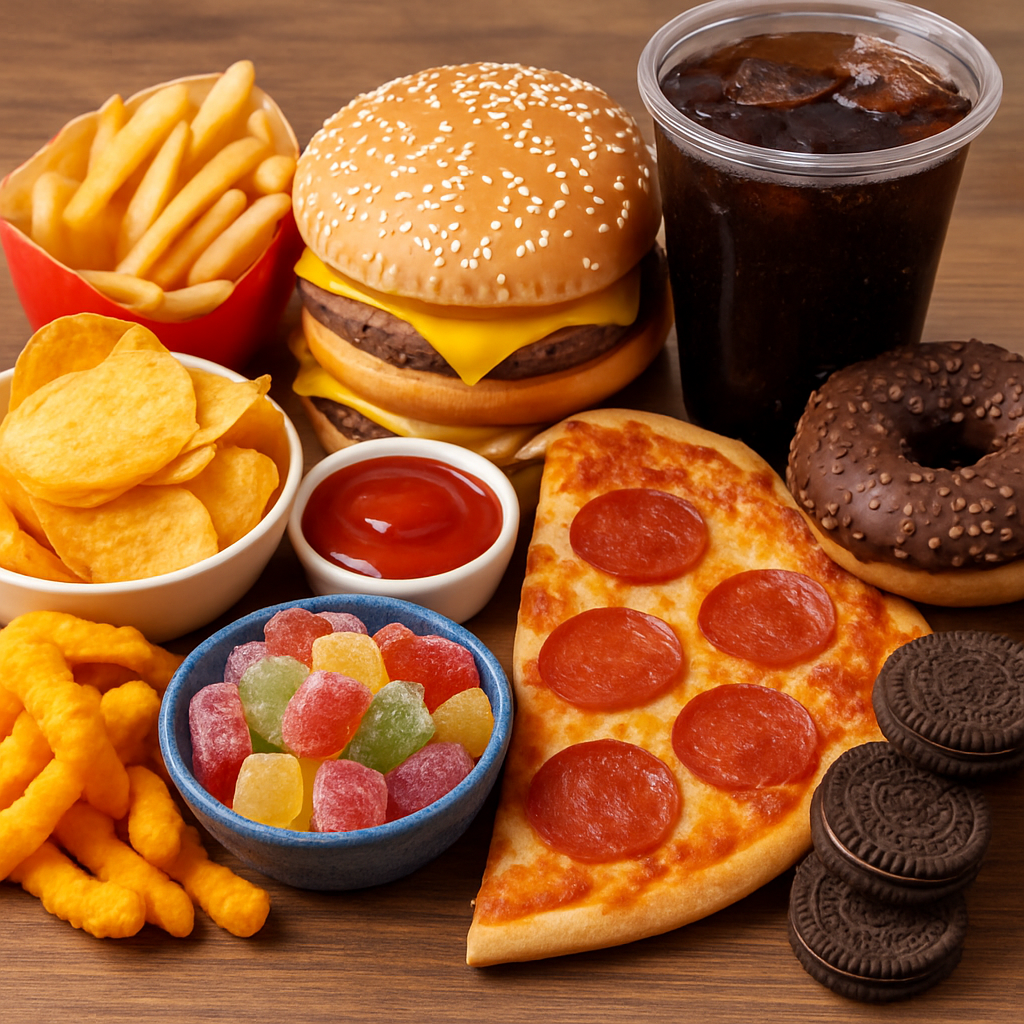
Introduction: Ultraprocessed Foods in Modern Diets
Ultraprocessed foods have become a staple in diets worldwide, but their health impacts are alarming. These foods, including sugary snacks, soft drinks, fast foods, and ready-to-eat meals, are convenient but lack essential nutrients. This article explores the link between ultraprocessed foods and global health risks.
What Are Ultraprocessed Foods?
Ultraprocessed foods are industrial formulations made with ingredients such as added sugars, refined oils, artificial flavors, and preservatives. Examples include chips, sodas, frozen dinners, and breakfast cereals. While these foods are easy to access, their overconsumption has dire health implications.
The Link Between Ultraprocessed Foods and Mortality
Recent research highlights that diets high in ultraprocessed foods are associated with increased risks of obesity, cardiovascular diseases, type 2 diabetes, and certain cancers. A global study revealed that reducing the consumption of ultraprocessed foods could prevent millions of premature deaths annually.
Key Findings:
- High Sugar Content: Leads to insulin resistance and diabetes.
- Low Nutritional Value: Increases the risk of nutrient deficiencies.
- Additive Overload: Linked to inflammation and chronic illnesses.
How to Reduce Ultraprocessed Food Consumption
- Opt for fresh fruits and vegetables over packaged snacks.
- Cook meals at home using whole ingredients.
- Educate yourself about reading food labels to avoid hidden additives.
Impact on Public Policy
Governments and health organizations worldwide are working to curb the consumption of ultraprocessed foods through public awareness campaigns and stricter food labeling regulations.
Conclusion: Why Prioritize Whole Foods?
Shifting to a diet rich in whole, minimally processed foods can significantly reduce health risks. By avoiding ultraprocessed foods and embracing healthier alternatives, individuals can improve their overall well-being and longevity.
See also:
Alcohol Consumption and Kidney Disease: A Critical Public Health Concern In Ghana
Childhood Immunization in Ghana: Progress, Challenges and the Path Forward
0 Comments